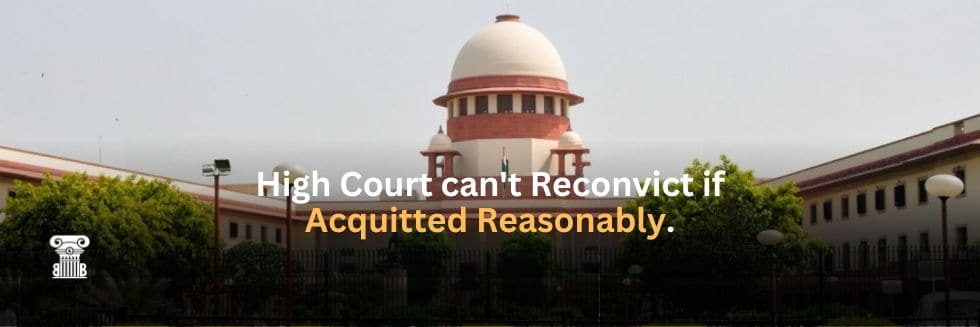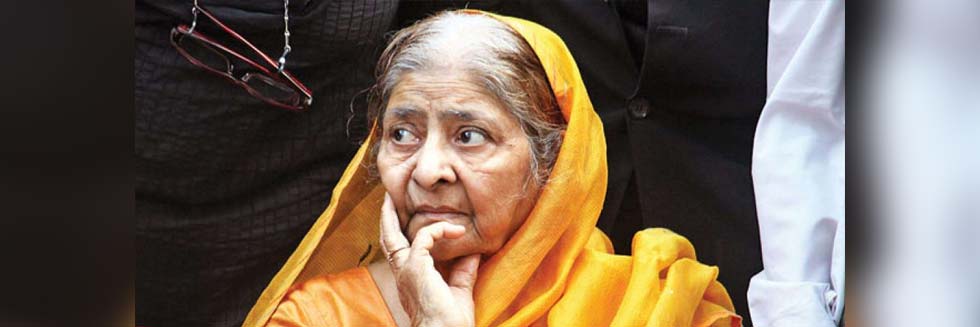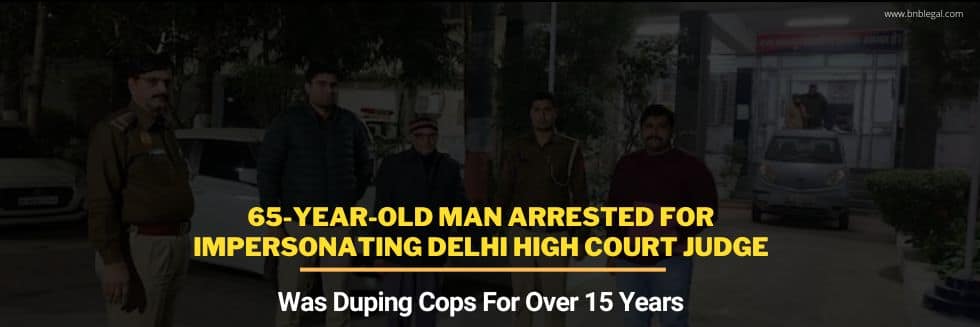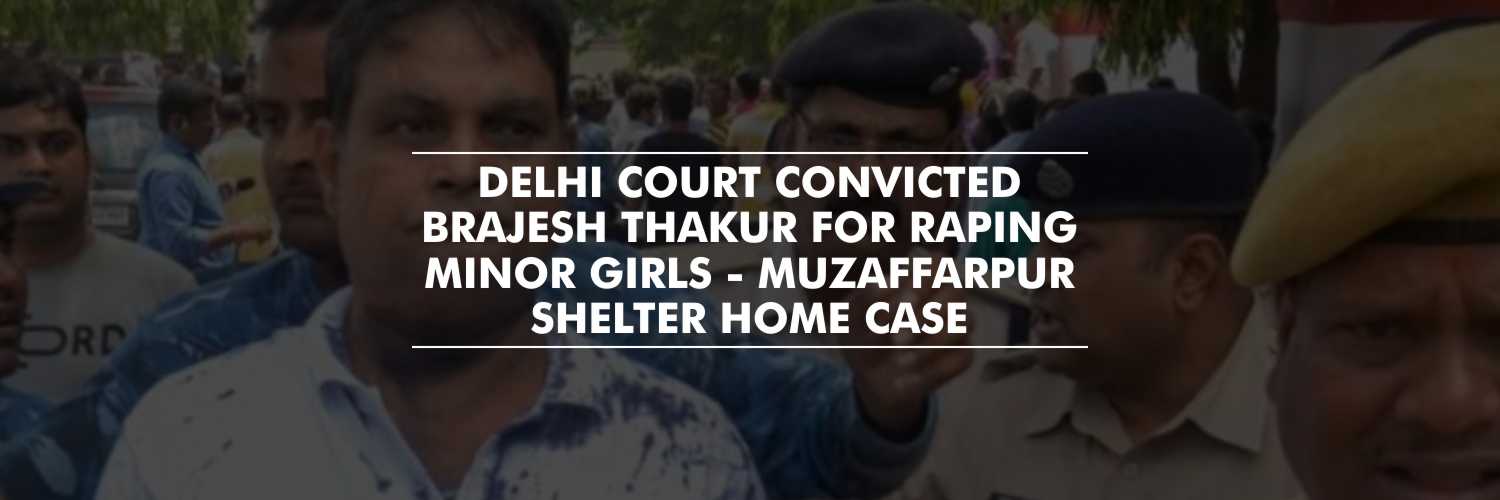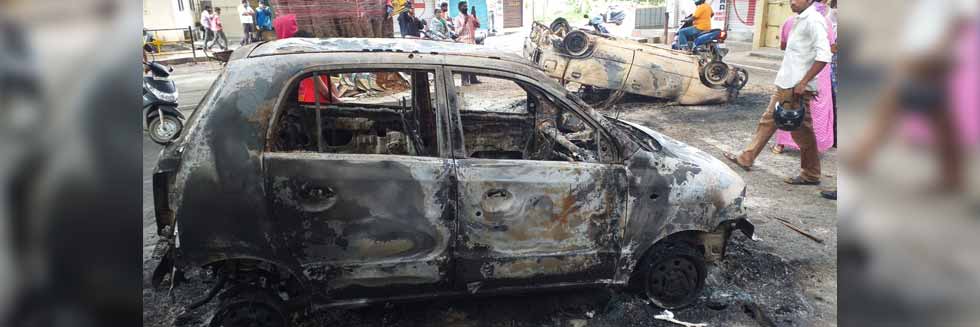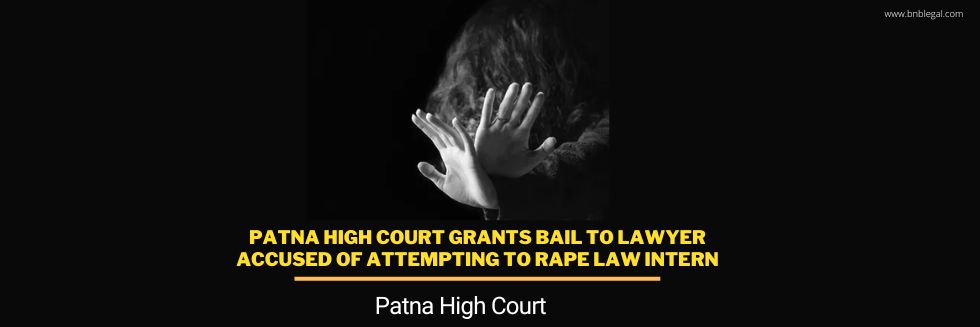The Supreme Court ruled that the High Court cannot convict accused individuals by reassessing evidence if the trial court’s acquittal is reasonable. In the case of Mallappa & Ors. v. State of Karnataka, the Court emphasized that the High Court erred by re-evaluating the evidence and overturning the trial court’s acquittal without sufficient cause. Justices Bela M. Trivedi and Satish Chandra Sharma set aside the High Court’s conviction affirming that if the trial court’s interpretation is reasonable, the High Court must favor the innocence of the accused.
CASE DETAILS:
Mallappa & Ors. v. State of Karnataka
Criminal Appeal No(s). 1162/2011
Supreme Court
Coram: Justices Bela M. Trivedi and Satish Chandra Sharma
BRIEF FACTS:
- In this case, the trial court has acquitted the accused individuals of charges related to murder as per Section 302 of the Indian Penal Code.
- Upon reviewing the evidence, the trial court determined that the testimony provided by Prosecution Witness No. 3 appeared artificial and could not be deemed reliable for convicting the accused. The Trial Court concluded that the chain of circumstances depicted by PW-3’s testimony did not align with a finding of guilt.
- Following the acquittal, the State filed an appeal before the High Court.
- The High Court conducted a fresh examination of the evidence and concluded that PW-3, being an injured witness had no apparent reason to distrust his testimony.
- Reversing the trial court’s acquittal decision, the High Court convicted the accused.
- The accused individuals have now filed a criminal appeal before the Supreme Court challenging the conviction order.
OBSERVATIONS:
After carefully considering the arguments presented by both parties and reviewing the decisions of the Trial Court and the High Court, the court noted that the High Court had erred by re-evaluating the entire evidence. It found no illegality or grave error in the trial court’s decision.
The court highlighted that the Trial Court had meticulously analyzed and evaluated all aspects of the evidence. However, the High Court overlooked crucial factors such as the delayed statement of PW-4 recorded a month after the incident and the familial relationship between PW-4 and the deceased. These factors raised doubts about the credibility of PW-4’s testimony.
While acknowledging that the High Court as an appellate body could reassess evidence, it emphasized that such reassessment should be comprehensive and not partial. Additionally, the court outlined three questions for the High Court to consider during re-evaluation. Firstly, whether the Trial Court thoroughly analyzed all evidence. Secondly, whether the Trial Court’s findings were illegal or affected by an error of law or fact. And thirdly, whether the Trial Court’s decision was a reasonable possibility. It emphasized that a decision of acquittal should not be overturned merely due to a difference of opinion but only if there is a legal or factual error.
JUDGEMENT:
The Supreme Court emphasized that when the appellate court during an appeal against acquittal finds that two interpretations of the evidence are reasonable, it must adopt the interpretation favoring the innocence of the accused. The Bench consisting of Justices Bela M. Trivedi and Satish Chandra Sharma set aside the High Court’s findings that convicted the accused while overturning the trial court’s acquittal order. They ruled that if the view taken by the Trial Court in a case of acquittal is reasonable, it is not permissible for the High Court to convict the accused by reassessing the evidence.
